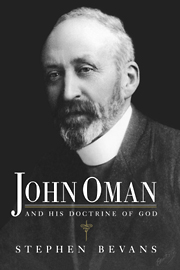Summary
In 1989 BBC television aired a documentary on Stephen Hawking, Cambridge physicist and author of the best-selling book A Brief History of Time. At one point in the program Hawking remarked, in the eerie voice that issues out of his wheelchair computer, that since the universe is self-contained and infinite, and since we human beings are inhabitants of an average-sized planet orbiting around a minor star in one of a hundred thousand million galaxies, we can hardly be important to God. For Hawking, it would make little sense to speak of God as personal – as noticing, let alone caring about, such a speck of dust as our earth and its population of human beings. God is rather the whole process of the expanding universe, the mystery of existence itself, and not in any special relation to the men and women of planet earth.
But while the physicist confronts us with overwhelming facts about our quantitative unimportance in the grand scheme of things, the fact of human conviction about our qualitative importance is something that cannot so easily be explained away. While it is sobering to see my own smallness in so vast a universe, I find myself rebelling at the thought that I don't really mean much, either to God or within the whole cosmic pattern. If human beings are so inconsequential in the whole drama of time, why do I yearn to be so much more?
- Type
- Chapter
- Information
- John Oman and his Doctrine of God , pp. 63 - 81Publisher: Cambridge University PressPrint publication year: 1992

